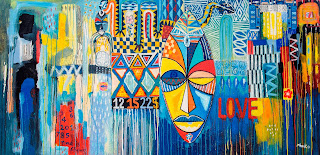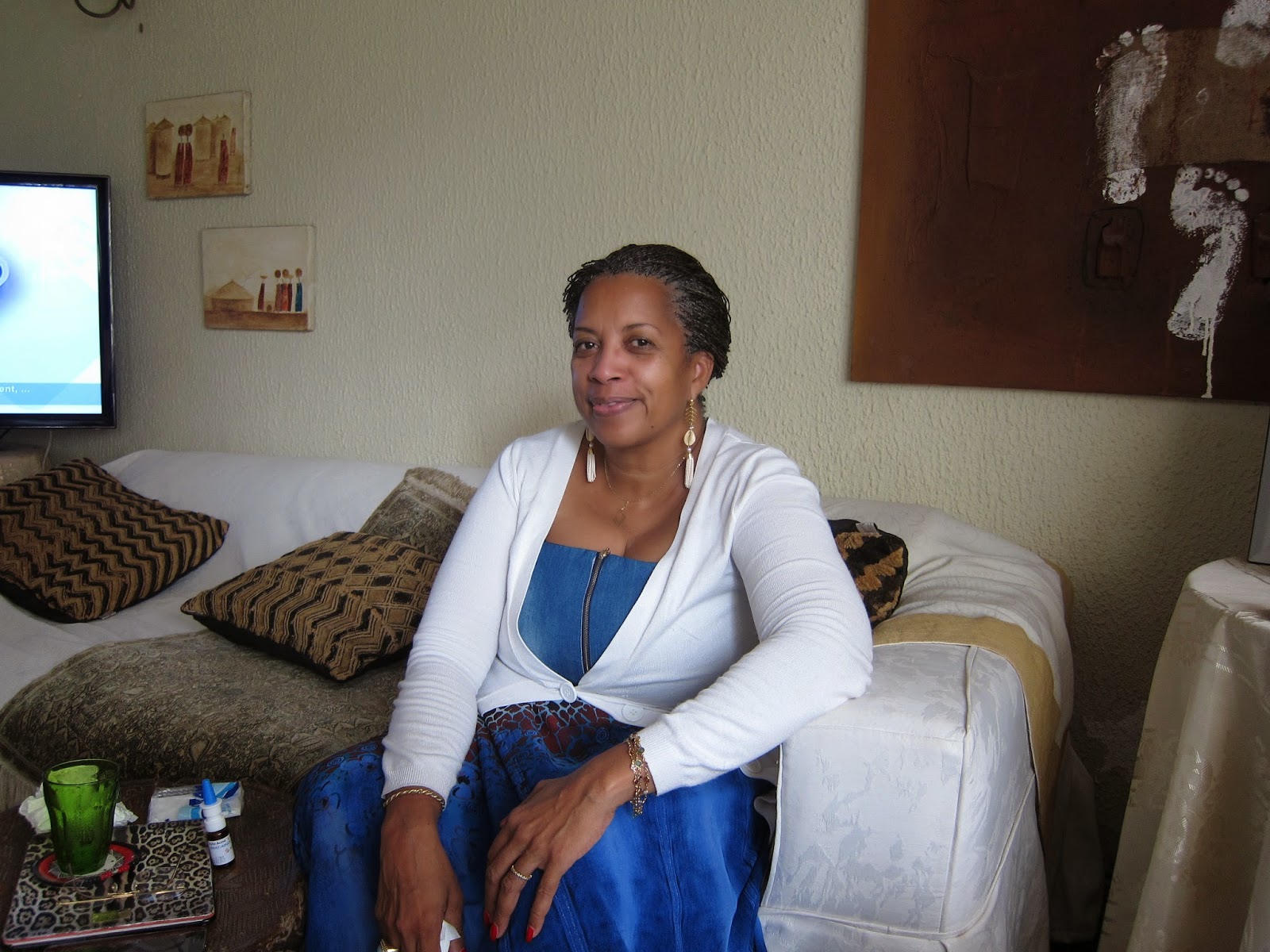Matriarchal Authority among African Women: examples in Cameroon and a Note from Zimbabwe

Examples of Duala and Bamileke Matriarchal Authority... and a note from Zimbabwe Nowadays, seen from afar, African women appear to be living in very patriarchal societies for the most part. That impression would often not be incorrect, sadly. An exception could be made for the powerful “Mami Benz,” the traders of West Africa. On the other hand, who knows how the men in their family might be behaving with them, no matter their wealth and power! African women had a recognized authority in the socio-political and economic spaces established by traditional cultures. Cameroon has examples of traditional roles played by women. Some of these roles are still relevant today. Amongst the Duala, the eldest daughter in a family was known as the Mangon, literally “Mother woman.” Even when she marries into another village community, she continues to play a vital role in the important stages of family life, such as births, marriages, and widowhood. She is the last resort in family disputes...






